২১ ফাল্গুন ১৪৩২
OPT Work Program Faces New Challenges for International Students in the U.S.
18 October 2025 21:10 PM
NEWS DESK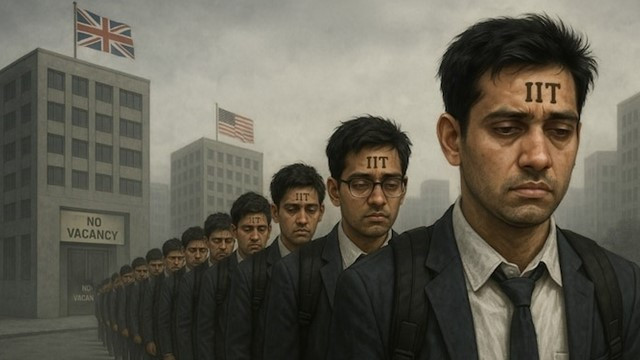
Thousands of international students in the United States who rely on the Optional Practical Training (OPT) program to transition from F-1 student visas to H-1B work visas may soon face significant hurdles.
According to a report by India Today, the OPT Fair Tax Act—proposed earlier by Senator Tom Cotton—had already signaled potential restrictions. Now, Senator Chuck Grassley and several other lawmakers have urged the Department of Homeland Security (DHS) to stop issuing new work authorizations to foreign students.
The lawmakers argue that such authorizations increase competition with U.S. citizens in the job market and pose potential national security risks.
In addition, stricter enforcement of H-1B visa regulations and growing momentum in Congress to scale back or eliminate programs like OPT have created uncertainty and anxiety among international students.
Currently, OPT allows F-1 visa holders to work in the U.S. for up to 12 months after graduation, with an extension of up to 24 months for STEM graduates. However, recent legislative proposals could drastically reduce or limit this opportunity.
Beyond tuition costs and site visits, several bills now aim to change the economic structure of hiring international students. Senator Cotton’s OPT Fair Tax Act and the broader Dignity Act of 2025 seek to end payroll tax exemptions for OPT workers.
Under the new proposal, students and their employers would be required to pay Social Security and Medicare (FICA) taxes—amounting to a combined 15.3% of wages, split between employee and employer.
If passed, these measures could lead to lower take-home pay for OPT workers and potentially discourage employers from hiring foreign graduates.
Meanwhile, U.S. Immigration and Customs Enforcement (ICE) and the Student and Exchange Visitor Program (SEVP) have recently issued warnings to thousands of students over alleged employment violations, with some receiving threats of SEVIS record termination.
With rising H-1B application costs, potential new taxes on OPT earnings, increased site inspections, and stricter immigration enforcement, the post-graduation career pathway for many international students in the U.S. is becoming increasingly uncertain.
Many students who pay high tuition fees to study in the U.S. now face the risk of reduced wages, stricter sponsorship requirements, and in some cases, sudden loss of legal status.






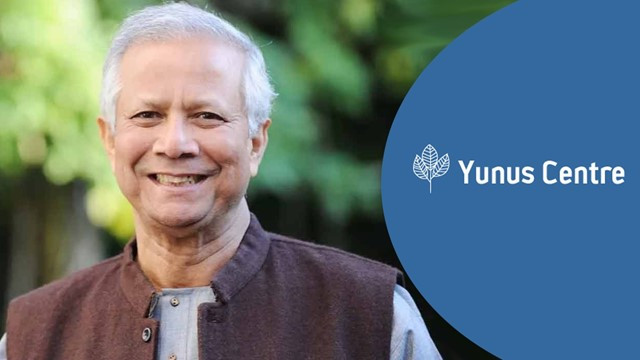


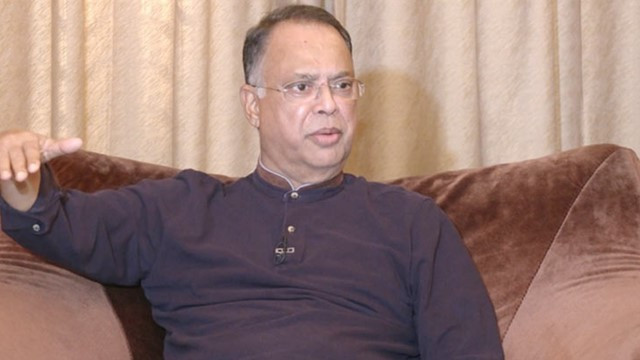
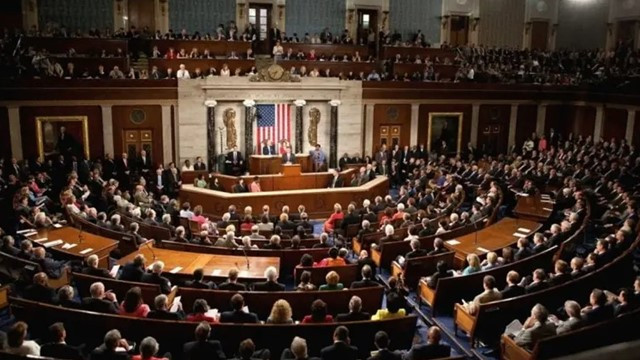
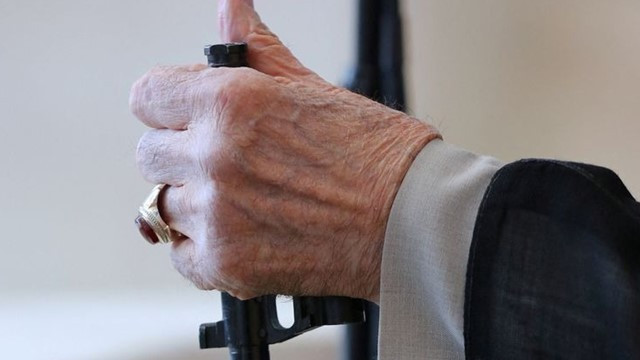

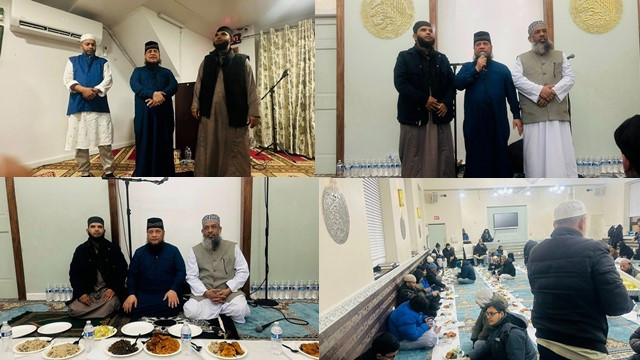

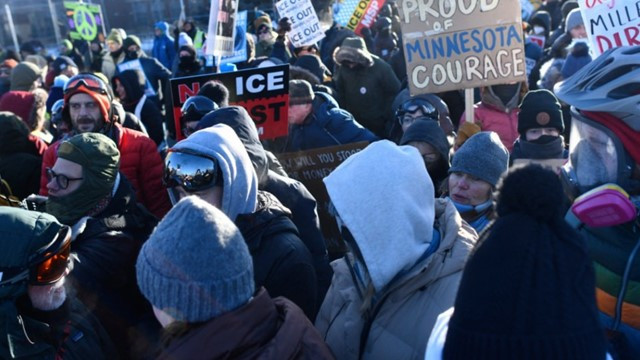

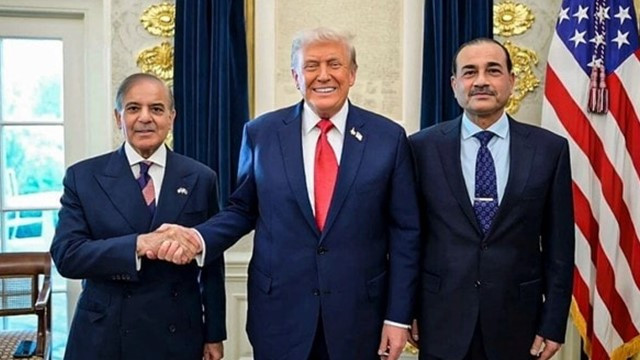

Comments Here: